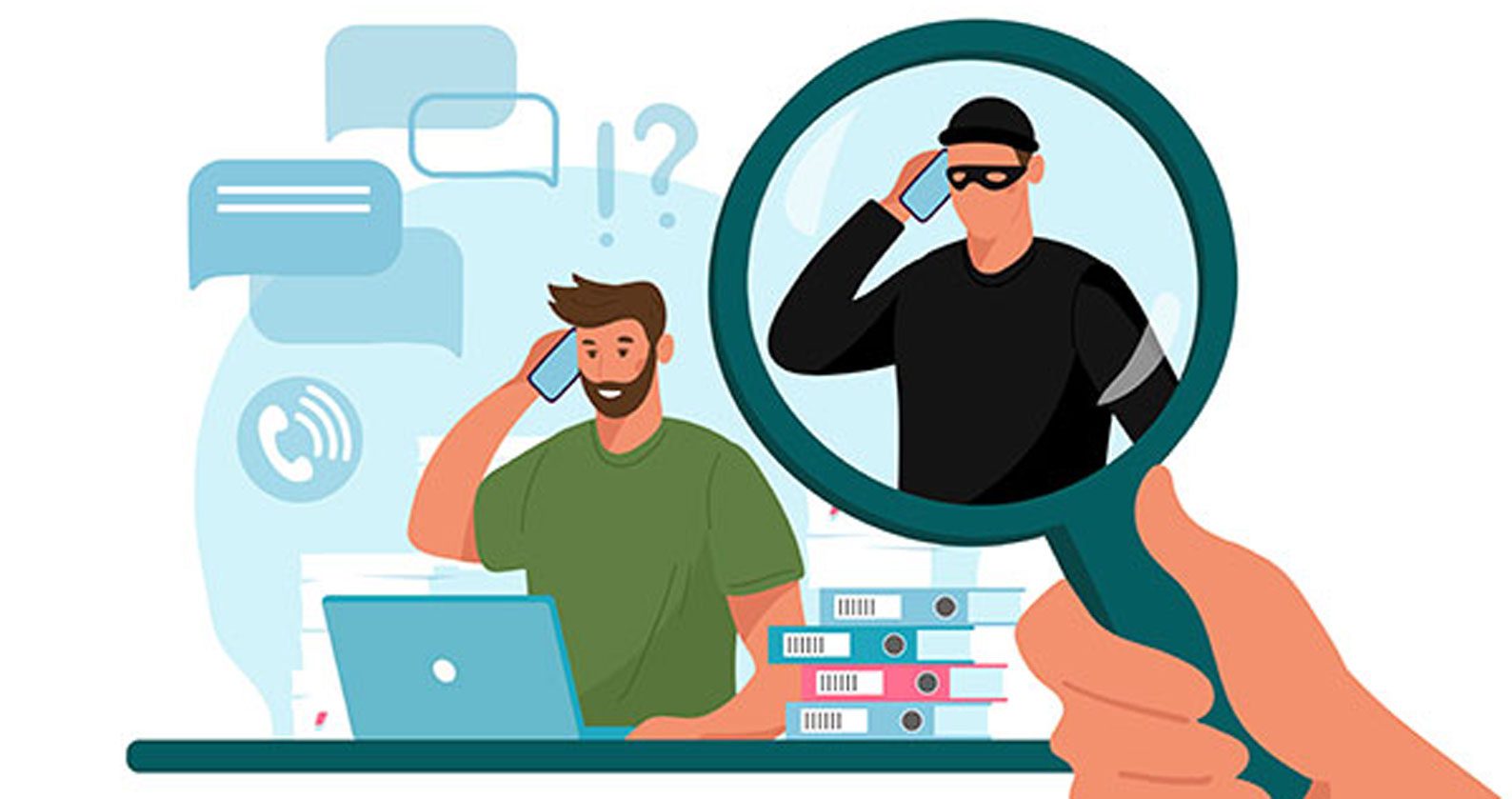Think social media is just fun and games? Think again.
Scammers are everywhere, disguising themselves as trusted sources to steal your personal information. Phishing attacks, fake giveaways promising prizes that never exist, and fraudulent job offers or investment schemes are just a few of their tricks. Don’t let them fool you! Want to stay one step ahead? Check out our tips below to keep your accounts and data safe.
Fake giveaways
Any giveaway that asks for sensitive banking information, especially your bank account number or CVV, is a major red flag. Never share this type of information, as it could lead to financial theft.
Fake quizes
Be cautious of fake quizzes that ask for personal details. Questions like your pet’s name may seem harmless but can be used as security answers for accounts like myGov. Cybercriminals create these quizzes to collect information they can use to try and access your accounts.
I can’t believe he’s gone
This scam often appears as a post about a death, with a video link that leads to a fake login page. Scammers can steal your details if you enter them. Since the post may come from a friend, it can easily trick you into trusting it, but always be cautious—avoid clicking unknown links, especially when the post creates urgency. If you’re unsure, message the friend who sent it to confirm before taking any action.
Shopping scams
Scammers can make fake business pages and Marketplace accounts, copying posts to seem real. Watch for small name or handle changes.
Always check the seller’s profile before buying. Be cautious of new or private accounts with little interaction and be weary of sellers who ask for gift cards as payment or any non-reversible payment methods like Venmo or Zelle.
Further information:
For more information on staying cyber secure, refer to the Australian Cyber Security Centre’s (ACSC) guide and checklist. If think you’ve fallen for a scam and need assistance, visit the ACSC’s how to recover from scams website.
This article has been brought to you by Digital & Technology Solutions
#MakeCurtinCyberSafe



